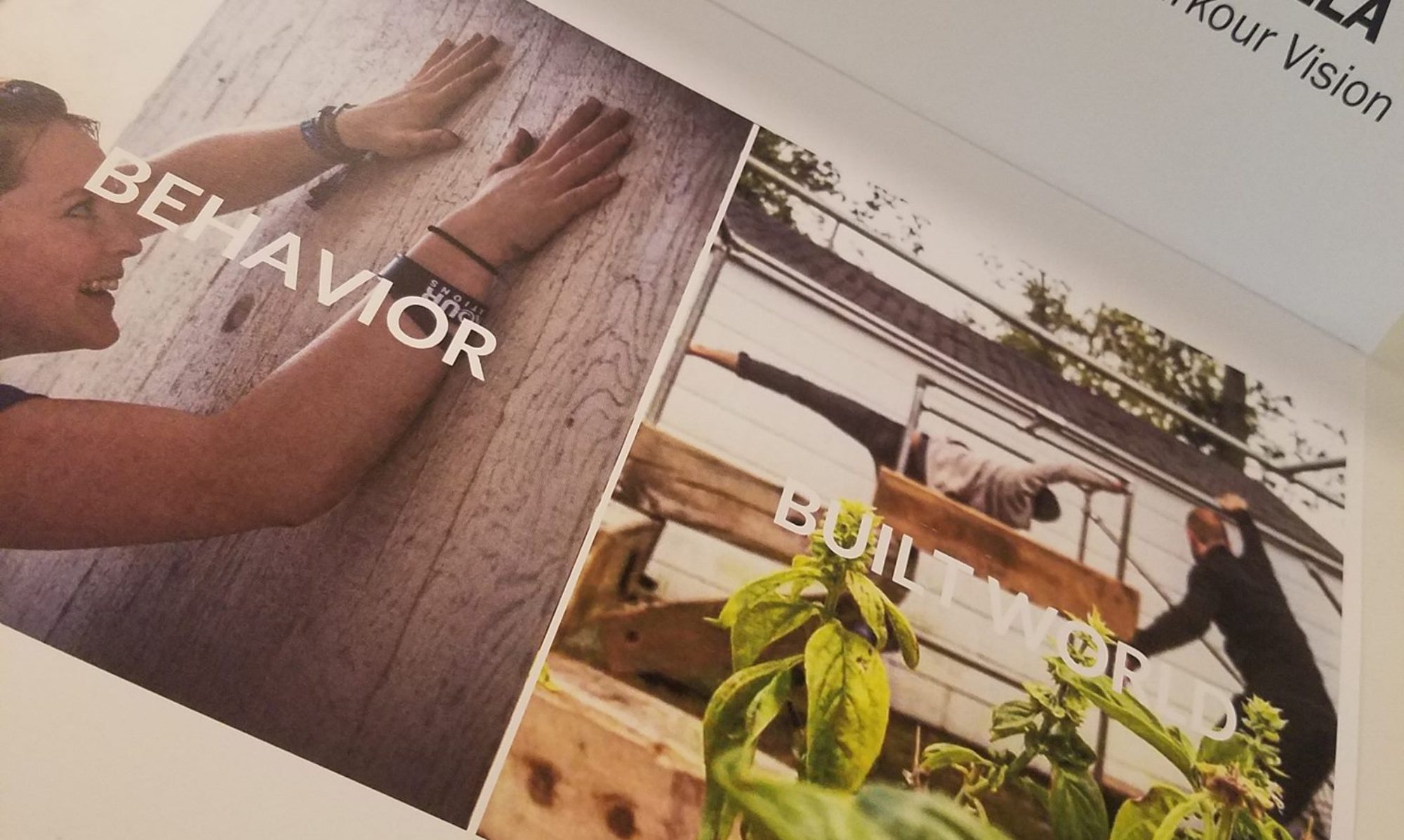American psychiatrist James Gilligan spent decades interviewing violent prisoners and his concluding core belief was that the deep underlying motivating force that drove people to violent behavior was the hope of suppressing or relieving feelings of shame and humiliation.
These feelings of shame can originate in so many different ways — Being insulted, teased or rejected, subjected to some form of perceived or real indignity or unfairness–even simply experiencing feeling weak, unattractive, or incompetent. We all can likely point to a time, if not many times, in our lives where the seeds of shame took hold and manifested in anger and hurt.
Sometimes we are brave enough to reach out into our communities or turning to our partners, therapists, or online platforms for healing and help. Moreoften we keep our feelings hidden. If someone was to see or confront our shame and subsequent unworthiness, surely that would destroy us?
But there is a far more awesome, destructive power in secret shame. In fact it underpins most anger and hurt in the world and, when unchecked, can push us over the threshold into violence.
Violent Bodies, Violent Words
You might think to yourself that you’ve never been violent before. And that’s fair.
When we think of violence, we often think of the violence imparted with our bodies–physical blows and altercations against either yourself or another. However, more common is violence imparted with words. Degrading and belittling self talk, unkind and aggressive communication with others. We all can likely find a time we are guilty of it.
When secret shame takes hold we are at greatest risk of hurting not just those around us but also ourselves.
Practice
When you catch yourself being unkind or hurtful in conversation–whether in self talk or with another human–try to take pause, step back, and find the true cause. What shame are you experiencing that is driving you to anger and hurt?
Read – A good follow up book would be Daring Greatly by Brene Brown.
